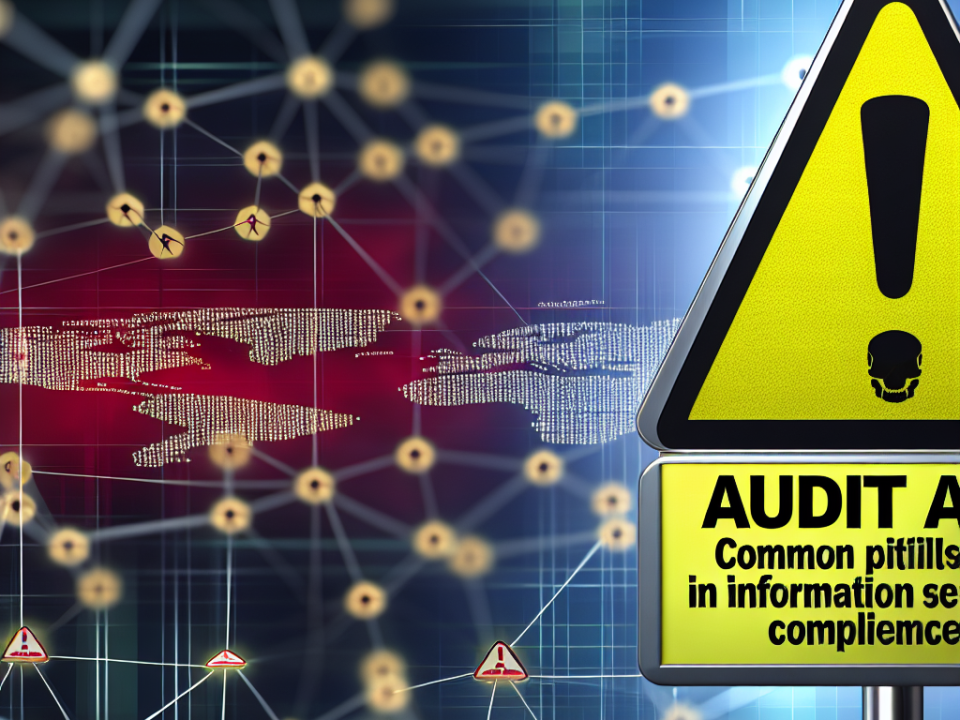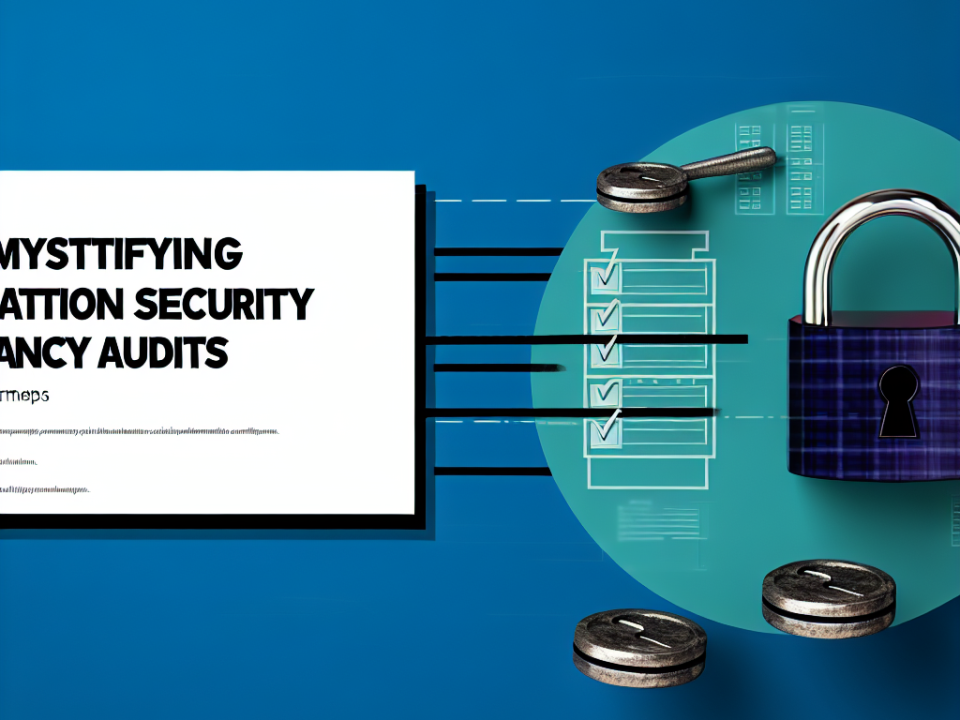
Feel free to mix and match ideas or modify them to better fit your audience!
July 31, 2025
The Rise of the vCISO: Transforming Business Security in a Digital Age
August 1, 2025
In an era where digital transformation permeates every facet of our lives, cybersecurity has become a pressing concern for individuals and organizations alike. As cyberattacks grow more sophisticated and frequent, the role of government in strengthening cybersecurity regulations has become increasingly crucial. Governments worldwide are tasked not only with protecting national interests but also with fostering a secure environment for businesses and consumers.
Understanding the Landscape
Cybersecurity encompasses a range of practices designed to protect networks, devices, and data from unauthorized access, cyberattacks, and damage. As businesses migrate to cloud services and the Internet of Things (IoT) proliferates, vulnerabilities have increased, exposing sensitive data. The rise of ransomware attacks, data breaches, and other cyber threats highlights the urgent need for robust cybersecurity measures.
Regulatory Frameworks
Governments play a pivotal role in establishing regulatory frameworks that dictate how organizations must protect sensitive information. These frameworks often encompass data privacy laws, compliance requirements, and operational standards:
-
Establishing Baselines: Governments set minimum cybersecurity requirements for organizations, particularly in sectors deemed critical, such as healthcare, finance, and energy. The Federal Information Security Management Act (FISMA) in the U.S. is an example of such legislation, mandating federal agencies to adopt information security programs.
-
Standardizing Practices: Agencies like the National Institute of Standards and Technology (NIST) create guidelines and best practices that organizations can adopt to enhance their cybersecurity posture. NIST’s Cybersecurity Framework is a notable example that provides a user-friendly approach to managing and reducing cybersecurity risk.
- Legislative Measures: Governments introduce various acts and regulations focused on data protection, such as the General Data Protection Regulation (GDPR) in the EU. These regulations compel organizations to implement stronger security measures and grant consumers greater control over their data.
Encouraging Public-Private Partnerships
Governments recognize that they cannot tackle cybersecurity threats alone, leading to the cultivation of public-private partnerships. By collaborating with technology companies, cybersecurity firms, and academic institutions, governments can leverage collective expertise to develop more effective cybersecurity solutions. Joint initiatives can focus on sharing threat intelligence, developing cybersecurity technologies, and conducting awareness campaigns.
Funding and Resources
Financial investment is crucial for enhancing cybersecurity infrastructure. Governments can provide funding for research and development in cybersecurity technologies, helping to drive innovation. Additionally, governments can offer grants to small and medium-sized enterprises (SMEs) to bolster their cybersecurity measures, ensuring that all businesses—regardless of size—can defend against cyber threats.
Advocacy and Training
Education and awareness are vital components of a strong cybersecurity strategy. Governments can spearhead advocacy campaigns that promote cybersecurity literacy among the general public. Further, by subsidizing training programs, governments can equip the workforce with the necessary skills to navigate the evolving cyber landscape. A knowledgeable workforce can recognize threats and contribute to the overall resilience of an organization’s cybersecurity defenses.
Cybersecurity Incident Response
Governments play a crucial role in shaping response protocols for cybersecurity incidents. Establishing national incident response teams can provide immediate assistance during a cyber crisis. These teams coordinate efforts among affected organizations, law enforcement, and other relevant entities, ensuring a swift and efficient response to mitigate damage.
Challenges
While governments hold significant power in strengthening cybersecurity regulations, they face challenges as well. Balancing regulatory requirements with the need for innovation can be difficult. Over-regulation can stifle technological advancement, while under-regulation may leave data vulnerable. Thus, governments must listen to stakeholders, maintain flexibility in their regulations, and adapt as technologies and threats evolve.
Conclusion
The role of government in strengthening cybersecurity regulations is multifaceted and essential. By establishing comprehensive regulatory frameworks, fostering public-private partnerships, providing resources, promoting education, and coordinating incident responses, governments can enhance national security and protect citizens and organizations alike from cyber threats. As cyberattacks continue to evolve, proactive governmental involvement will remain a cornerstone for building a resilient digital future.







